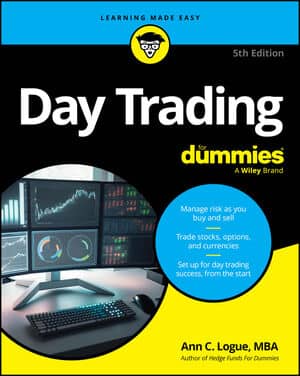Commodities can provide an opportunity for the shrewd day trader to make a tidy profit. While commodity prices usually tend to increase at the same rate as in the overall economy, meaning they maintain their real (inflation-adjusted) value, they can also be susceptible to short-term changes in supply and demand. Those short-term disruptions create day trading opportunity.
Commodities are basic, interchangeable goods sold in bulk and used to make other goods. Examples include oil, gold, wheat, and lumber. Commodities are popular with investors as a hedge against inflation and uncertainty. Stock prices can go to zero, but people still need to eat!
Day traders aren’t going to buy commodities outright. If you really want to haul bushels of grain around all day, you can do that without taking on the risks of day trading (you’d get more exercise, too). Instead, day traders who want to play with commodities can look to other investments.
The most popular way is to buy futures contracts, which change in price with the underlying commodity. Increasingly, many trade commodities through exchange traded funds that are based on the value of an underlying basket of commodities.
Commodity prices affect the broad economy, not just the prices of commodities contracts on the futures exchanges. If you day trade stocks in particular, you may find that changes in the price of oil or agricultural commodities will affect many of the companies that you are involved with, as well as the broader stock market indexes.

